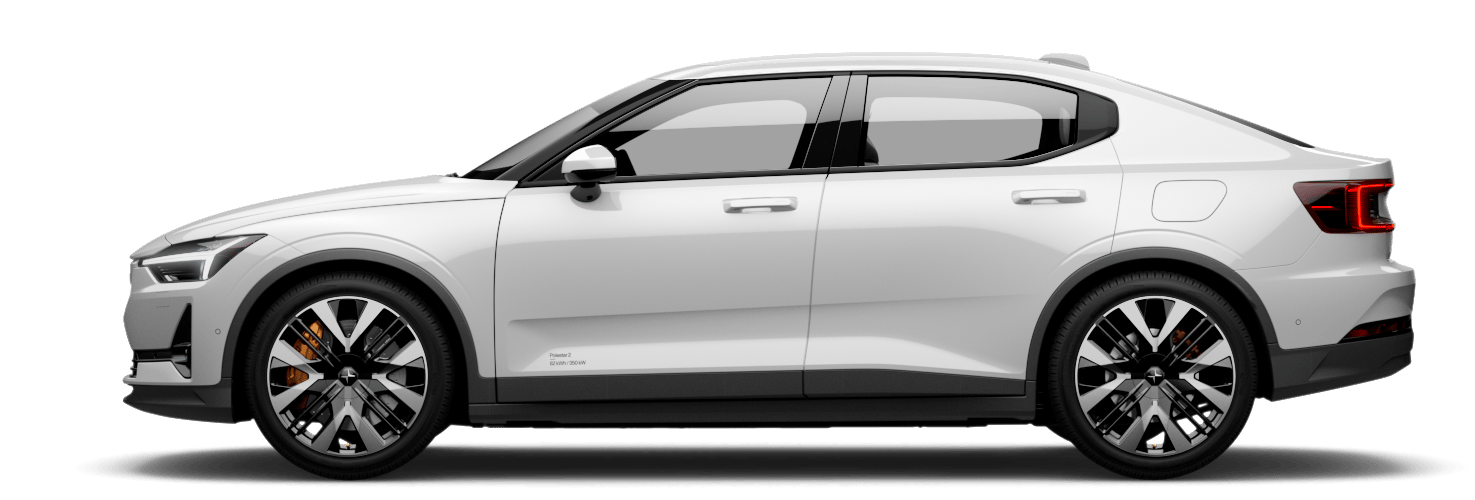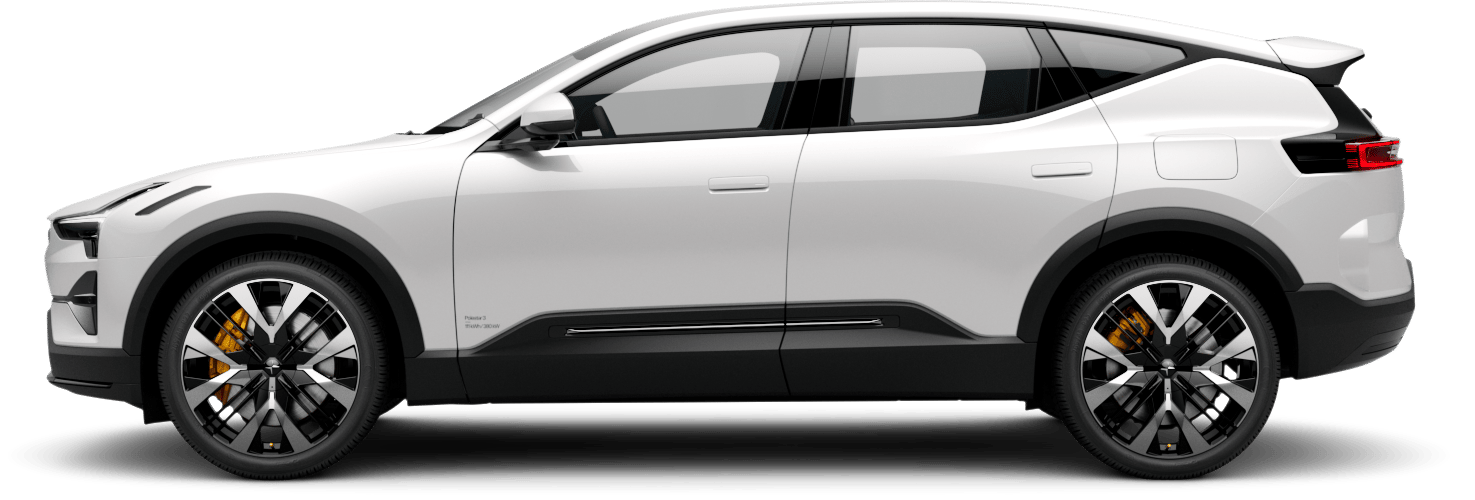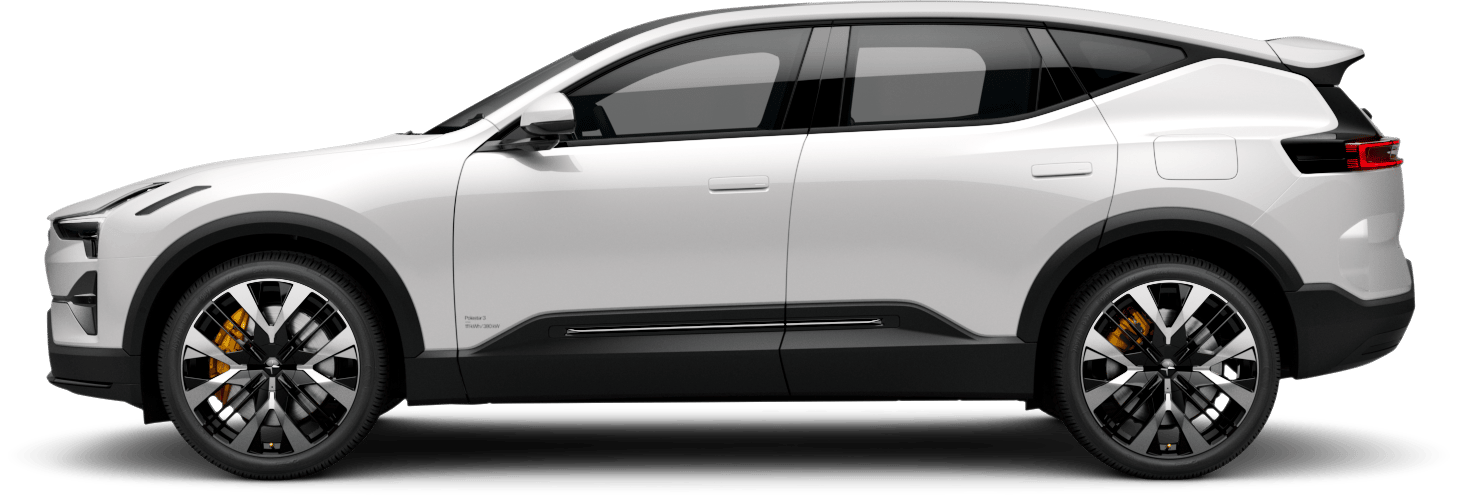Vehicle has no power or is not responding
If your vehicle's batteries are discharged, it will not respond to some of your actions. This includes trying to unlock or start it.
If your vehicle doesn't respond due to low power, there are several recovery options depending on the situation.
- The vehicle is driven to 0% battery level and is not then immediately recharged.
- The vehicle is left with a low battery level. If it is not plugged in for charging, the battery level will drop further because your vehicle uses a small amount of power while parked.
- The vehicle is left without charging for a long time, which allows the battery level to drop.
- Low temperatures temporarily reducing battery capacity below the required level to keep your vehicle powered.
- Use of accessories or power-consuming vehicle functions.
- High temperatures, triggering battery cooling.
Recovery from a flat traction battery
If only the traction battery is discharged, your vehicle's systems will have power but you can't start or drive it. The vehicle shows that the battery level is at 0%. In this situation, the 12 V battery can power the systems needed to initiate charging of the traction battery. It's important to conserve the 12 V battery's charge so that you can access and charge your vehicle.
- If you can charge your vehicle where it's parked, do so immediately.
- If your vehicle can't be charged at your current location, have the vehicle recovered and transported to a charging source. In the meantime, try to conserve the remaining power in the 12 V battery. This is important for battery health, but also keeps essential functionality available for you to use in an emergency.
Recovery from total loss of power
If the 12 V battery is fully discharged, your vehicle will be completely unresponsive. This can happen if something prevents the traction battery from keeping the 12 V battery charged, such as allowing the traction battery to drain completely and then not charging the vehicle in time. If both batteries are drained completely, the vehicle is entirely unresponsive and cannot be charged as usual.
- Contact Polestar Customer Support or a recovery and roadside assistance service.
- If there is a charging source where your vehicle is immobilized, it may be possible to temporarily power the vehicle using a special exterior 12 V terminal. This can allow you to initiate charging.
- If your vehicle can't be charged where it is, it needs to be transported to a location with a charging source. A Polestar Authorized Service Point has the equipment to power the vehicle and charge it.
Important
12 V terminal
In the event of a total loss of power, the vehicle can't be unlocked, as the locks are electrically operated. To access the vehicle and charge it, the vehicle can be powered for a short time using the externally accessible 12 V terminal. You can also access it by removing a small panel below the front bumper, near the front left wheel.
- Polestar recommends that the 12 V terminal only be used by service technicians for the purpose of accessing the vehicle as part of immobilization recovery.
- Only use a 12 V charger with a maximum charging current below 30 A.
- Connecting any power source that delivers a current higher than 30 A will blow the terminal fuse and thus disable it.
- Only use the 12 V terminal for short amounts of time. It is not meant as a means of powering the vehicle continuously.
Other no-power scenarios
There may be cases where you are fairly sure that the battery level is not low. In these cases, a lack of power indicates that the 12 V battery isn't receiving power from the traction battery or can’t deliver power to your vehicle.
- A blown fuse needs to be replaced.
- The 12 V battery is defective.
- There is an electrical, hardware or software fault preventing your vehicle from turning on.
If you can't identify the cause of the problem or solve it by referring to the manual, contact Polestar Customer Support.





